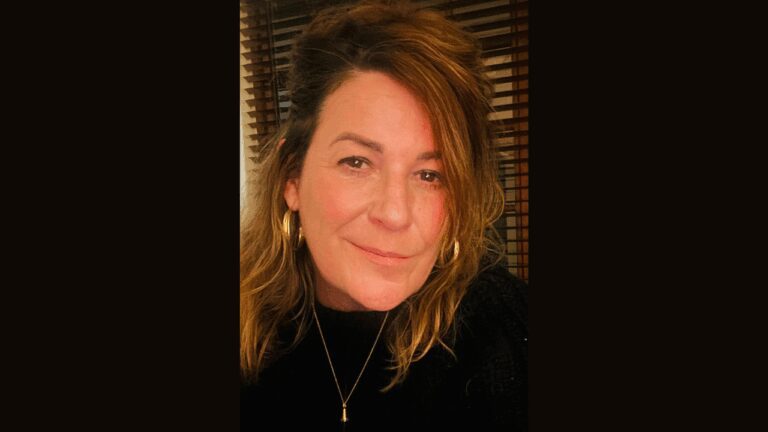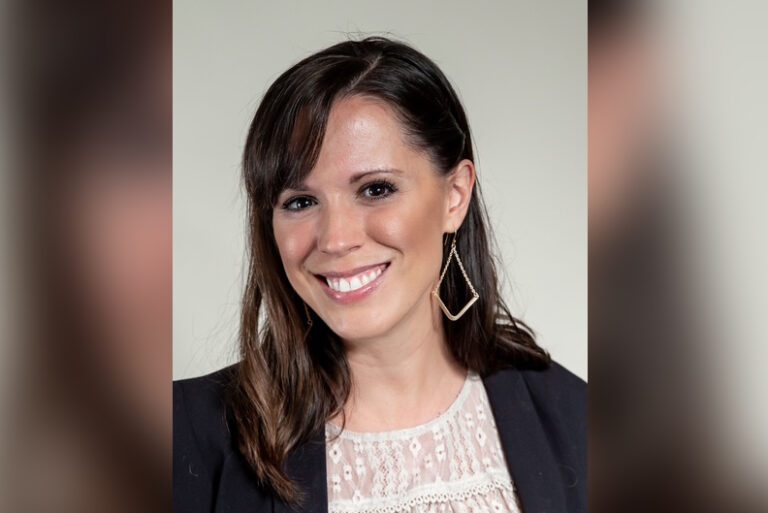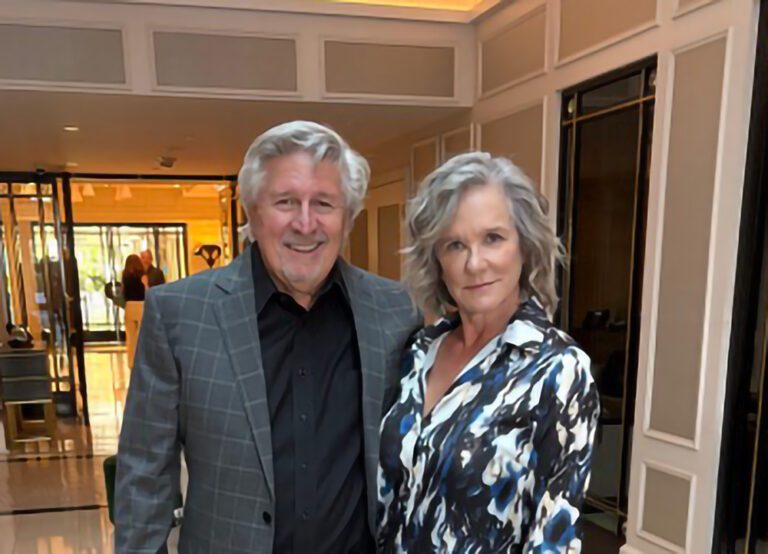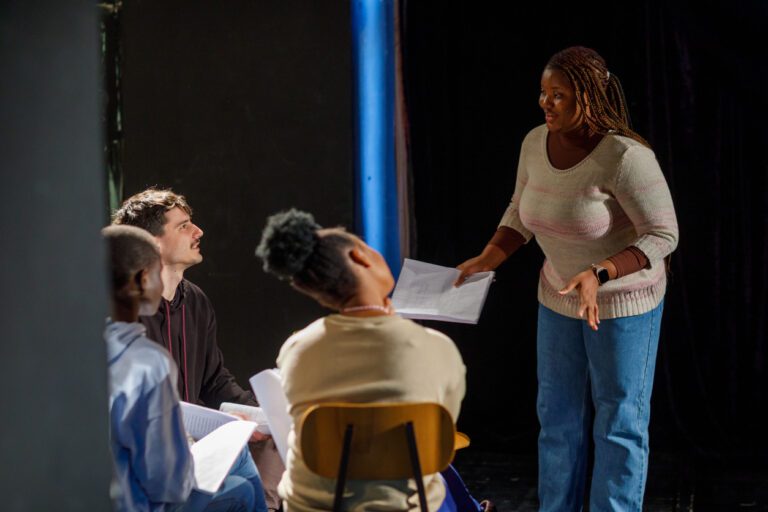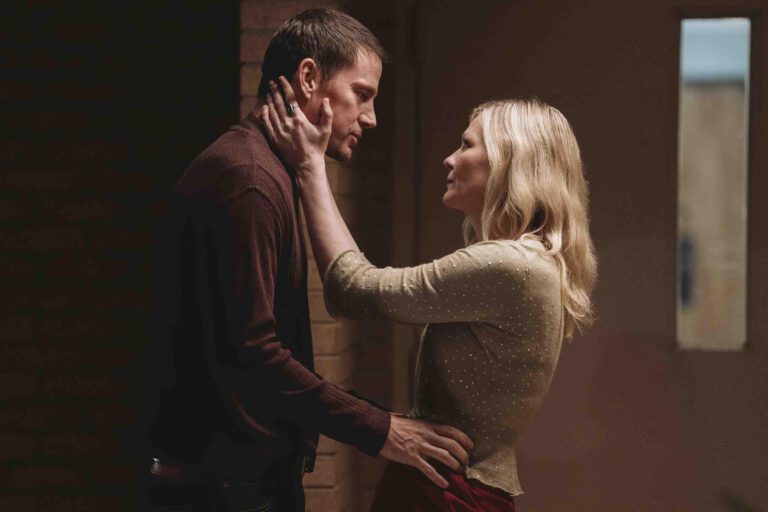Directing, like so many jobs, looks incredibly exciting from the outside. But once you’re in the chair, all the nitty-gritty details come rushing at you at once. Here are a few things that aren’t often included in the romanticized portrait of directing.
What You’ll Find in This Article
- You Need to Know a Little Something About Everything
- It’s About Managing People
- You Have Less Control Than You Think
- You Will Have to Be the Advocate
- Communicating Your Vision Means Speaking Their Language
You Need to Know a Little Something About Everything
The more you know about every aspect of the production, the more effectively you’ll be able not only to ask for what you need, but also to advocate for it. Directing on set or stage is a massive part of the job, but so many conversations and decisions happen behind the scenes, from pre-production through post-production.
The more you understand the intricacies of each department, the better armed you are. You’ll have more power as a problem-solver, and you’ll know when you need to compromise versus when to push back on something.
It’s About Managing People
Along with knowing something about everything, directors have to know something about everyone. When you’re able to build strong rapport across multiple teams, people will be more willing to go the extra mile for you. This means you may get caught between artists or crew members who disagree, and you have to be able to make decisions and move things forward without alienating either party.
You Have Less Control Than You Think
While much of the blame or credit will come to rest on the director’s shoulders, the bigger the project, the less control you’ll have. There will be producers, executives, regulations and endless input from avenues you never dreamed of. That input must be weighed against your budget, your time and available resources.
You Will Have to Be the Advocate
Even when you don’t hold all the power, you will be looked to to set the tone of the production. That means if someone is being mistreated, that’s a problem for you to solve, whether or not you had any hand in the situation. Speak up for the folks who have less power and access than you do.
Communicating Your Vision Means Speaking Their Language
Having a clear, beautiful vision for the work may feel like the core of the job, but the vision is only as good as the execution.
You have to be able to communicate the vision so that many people in different positions can execute it. The tricky part is that everyone is going to have different needs and different styles of communication.
Start taking note early of who needs what. Some folks respond better to positive reinforcement, some need blunt delivery, some prefer technical explanations, and some work better with visual imagery. Being able to adjust quickly and remain flexible in your communication keeps morale and productivity high.
With every surprise challenge, there are so many artistic highs that come along with directing. It calls on a vast array of skills and more trial and error than is comforting. When you know better, you do better. The more you are committed to listening and learning, the better you’ll be able to lead.
Final Takeaways
Directing is a multifaceted challenge that goes far beyond calling “action.” It demands a broad understanding of the entire production, skillful people management and constant advocacy.
For actors stepping into this world, embracing these realities early can make all the difference in how you navigate the process and contribute meaningfully.
- Learn the basics of every department involved so you can communicate and collaborate more effectively.
- Build strong relationships with cast and crew; trust and respect open doors when conflicts arise.
- Accept that you won’t control everything—adaptability and teamwork will be your greatest assets.
- Be prepared to speak up for others and help maintain a fair, respectful environment on set.
- Tailor your communication to fit different personalities and roles to keep the production running smoothly.
You may also like:


